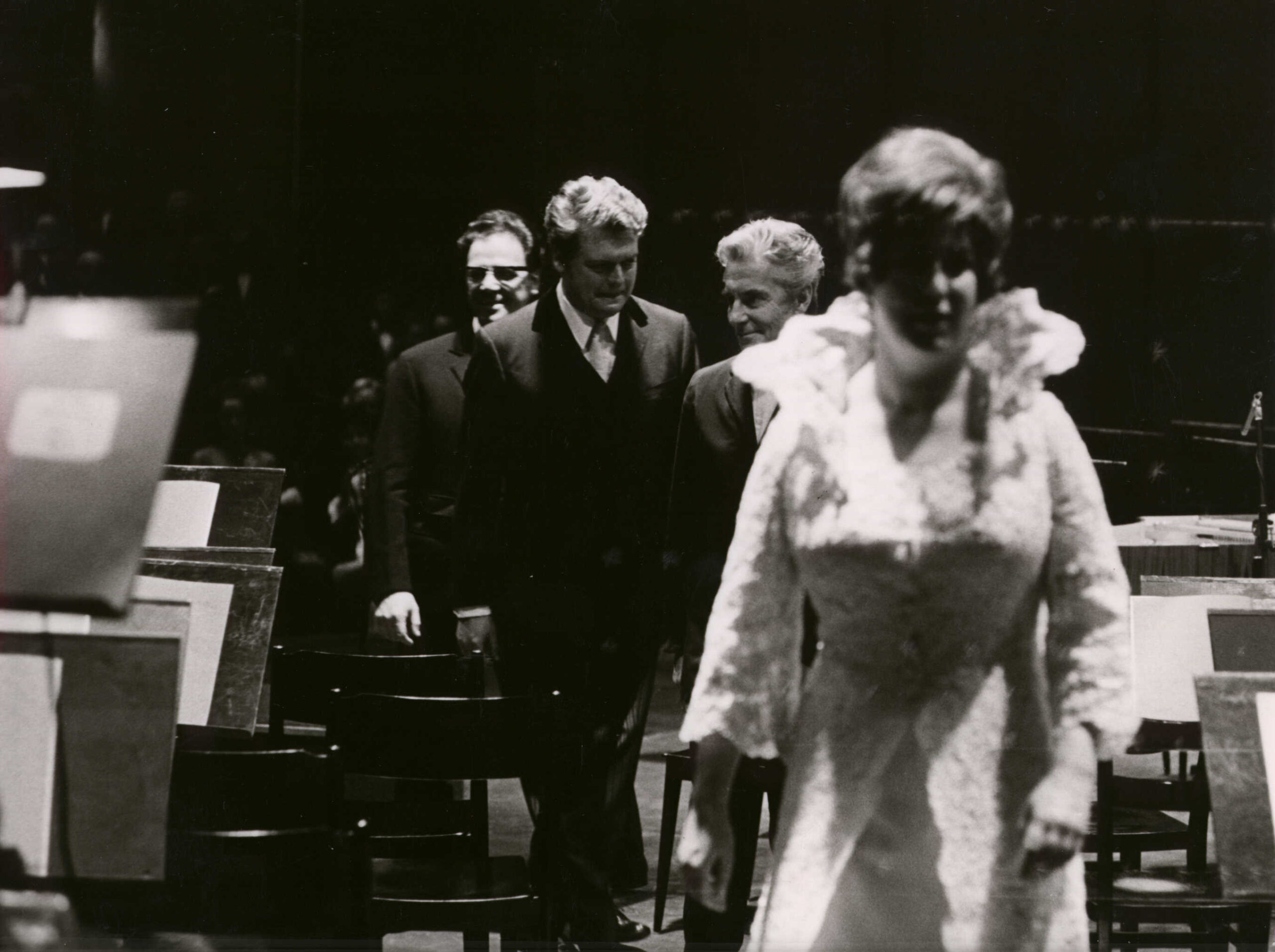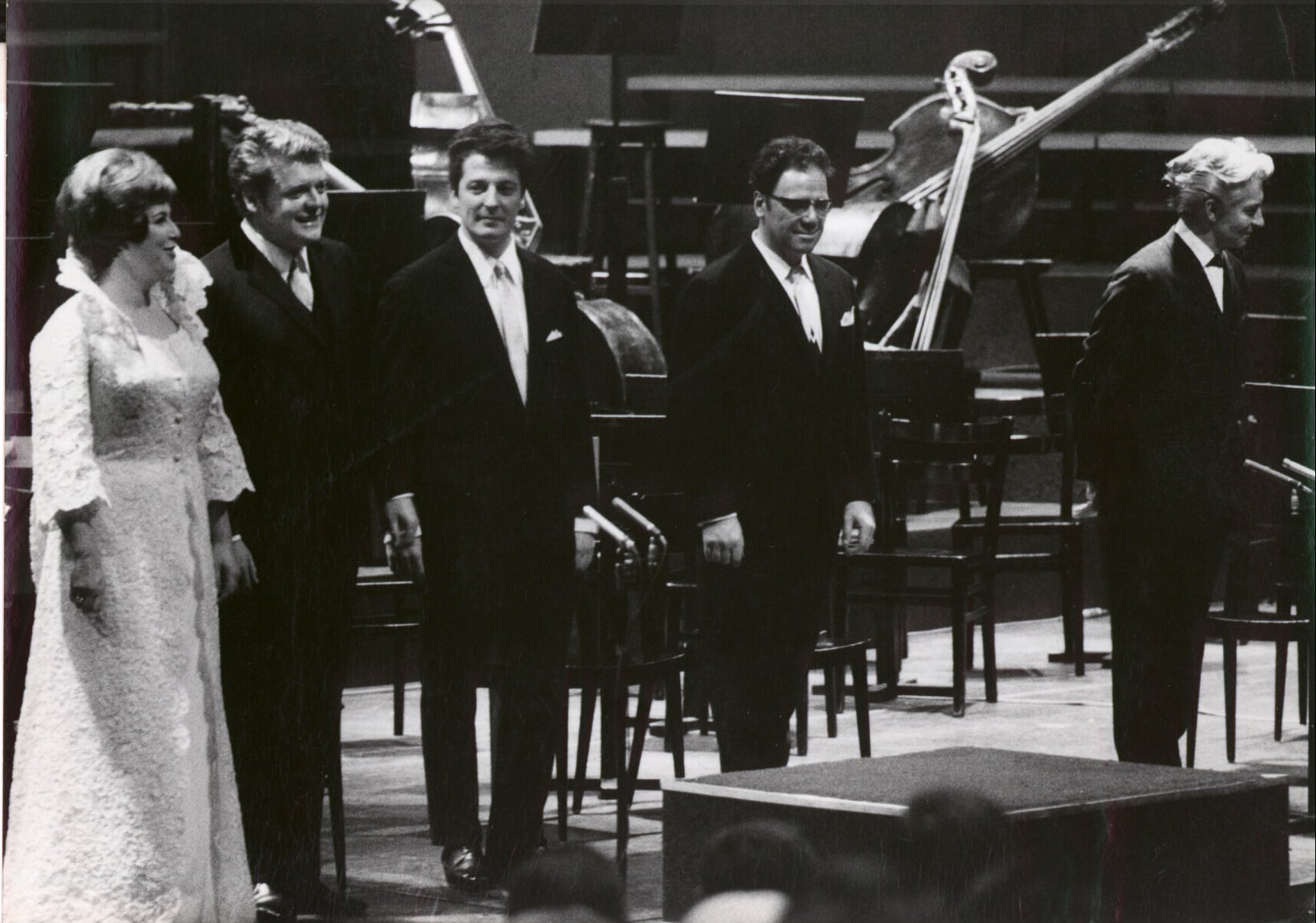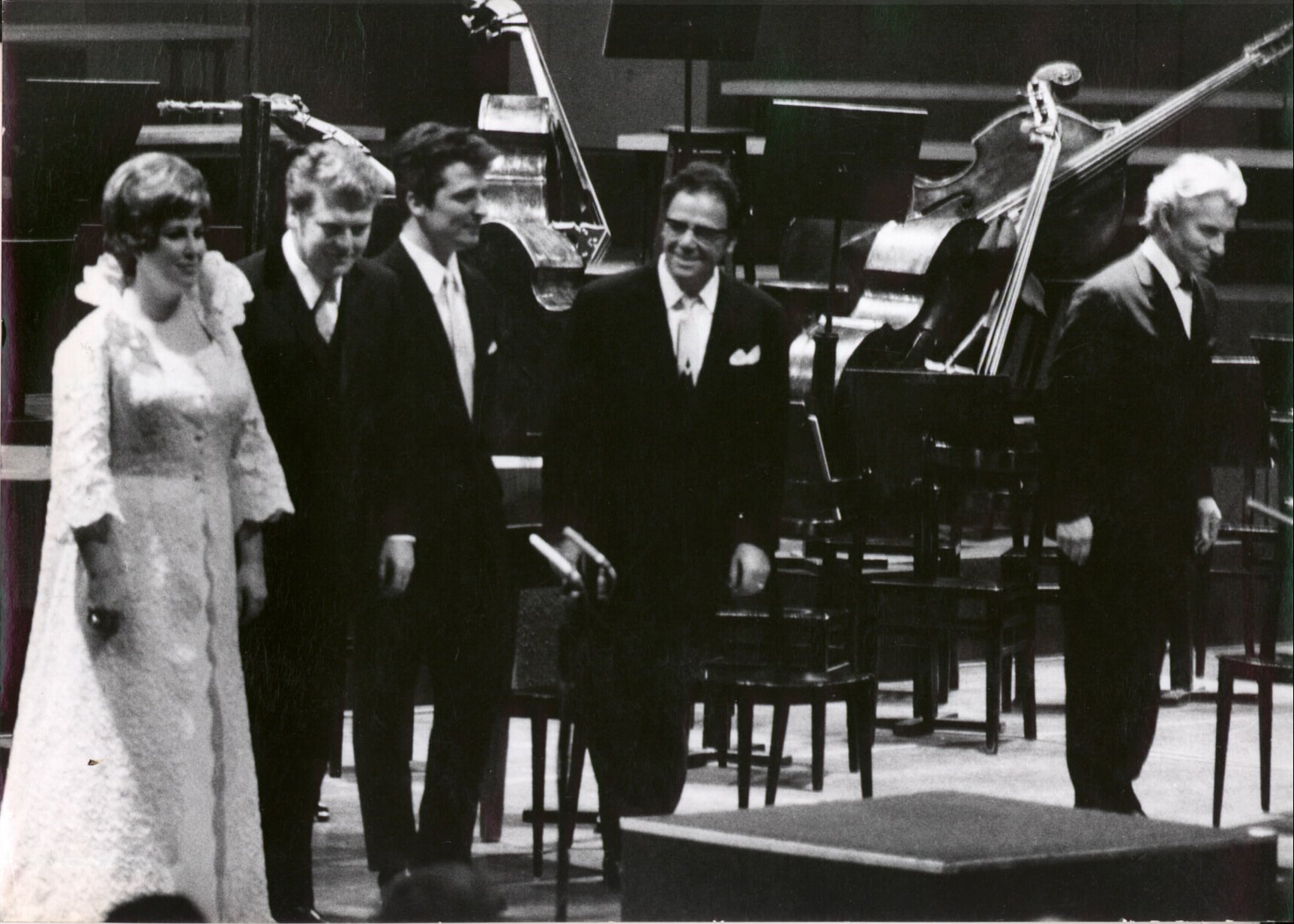14 June 2023
P.R. Jenkins
Spotlight Haydn: “The Creation”
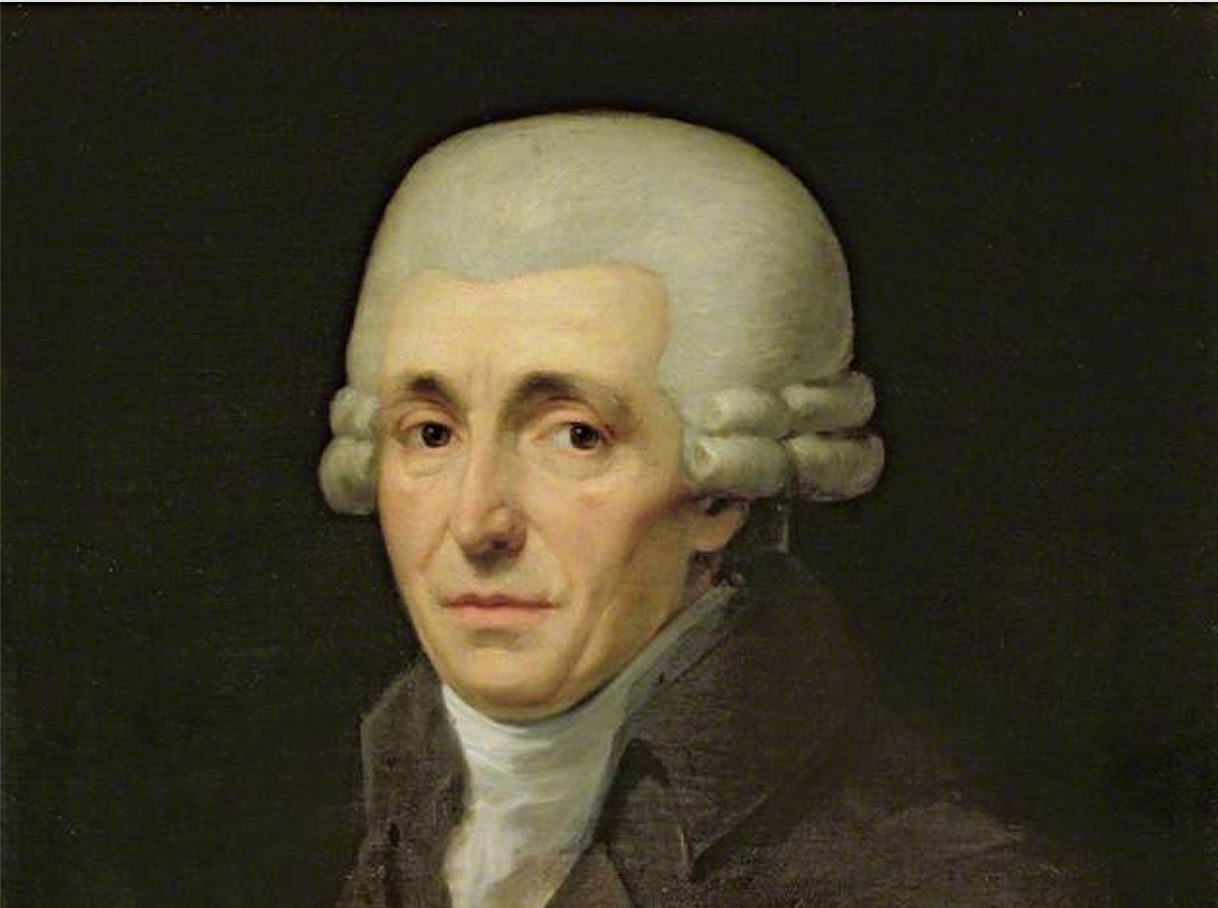
Joseph Haydn’s oratorio “The Creation” was one of his major works and one of his last masterpieces.
Haydn’s life was one of those rare artistic careers that was constantly increasing and improving over a long time. His life began in 1732 as a wainwright’s son in a small village in Lower Austria and his career ended at the age of 77 as a European celebrity. His legacy is a miracle of ingenuity, incomparably original and influential and simply one of the greatest achievements in the history of the fine arts. “The Creation”, composed between 1796 and 1798, was not his last oratorio (“The Seasons” were yet to come) but it was his greatest success in his later years. Haydn was inspired by Handel’s oratorios which he got to know through his two London journeys (1791 – 1795) He published “The Creation” bilingually in German and English. The first non-public performance in Vienna in 1798 caused such a hubbub that 30 policemen had to intervene to maintain order. At the first performance in France in 1800, the first consul was almost killed by a bomb. His name was Napoleon Bonaparte and when he conquered Vienna (for the second time) in 1809, he put a guard in front of Haydn’s house to protect the aged composer who was dying inside.
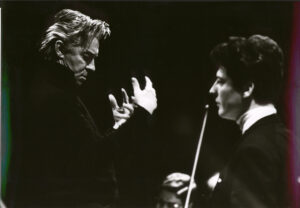
“This is Karajan at his most inspired.”
Gramophone
Karajan was very fond of “The Creation”. For him it ranked among the great choral works of the German/Austrian repertoire between Bach and Brahms. He conducted it in his Aachen years, with the Vienna Symphony in 1949 and – starting in 1960 – regularly with the Berlin and the Vienna Philharmonic, notably as a highlight for the Salzburg Festival and the Salzburg Easter Festival. Featured singers were Güden, Hotter, Jurinac, Dermota, Frick, Waechter, Schreier, Salminen and Tomowa-Sintow.
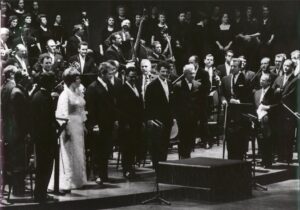
“… this splendid work in the maestro’s spacious, grandly arranged interpretation”
Dietrich Fischer-Dieskau
Three recordings are still available, two live recordings from 1965 (with Janowitz, Wunderlich, Prey, Borg and the Vienna Philharmonic) and from 1982 (with Mathis, Araiza, van Dam and the Vienna Philharmonic) and the studio recording from 1965 – 1968. The number of soloists differs depending on whether the conductor casts an extra baritone for the part of Adam or has it sung by Raffael, as was the case with the studio recording. After having recorded the arias, Fritz Wunderlich died unexpectedly and Karajan postponed the rest of the recording for years. In the meantime, he decided to invite Dietrich Fischer-Dieskau to sing Adam and give extra power to the finale with Christa Ludwig. The missing tenor recitatives and ensembles were sung by Werner Krenn, accordingly, with the original singers Gundula Janowitz and Walter Berry, this album features twice as many soloists as the 1982 recording.
— P.R. JenkinsGramophone 12/1991
